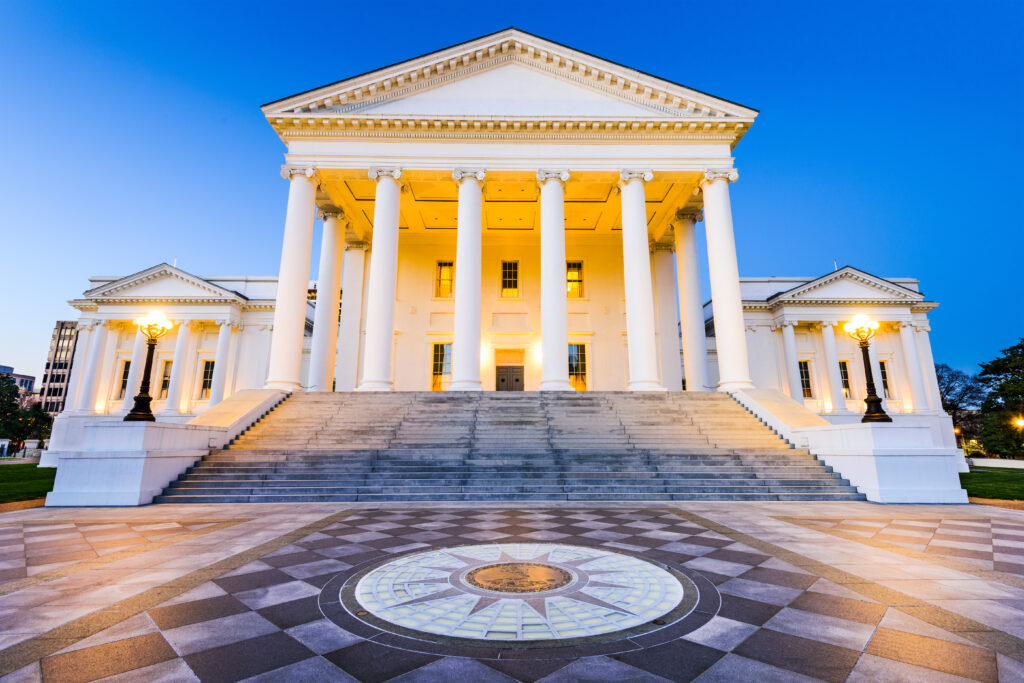Madison Hirneisen | January 17, 2023
(The Center Square) – A bill backed by Virginia Republican lawmakers to create “Education Success Accounts” to help parents pay for education expenses – including private school tuition – sparked debate among lawmakers Tuesday before clearing its first hurdle in a House of Delegates subcommittee.
House Bill 1508 proposes the creation of Virginia Education Success Accounts, which could be used by parents of a “qualified student” to pay for tuition to a private school, tutoring services, fees for Advanced Placement tests and school uniforms, among other specified expenses.
The bill defines a “qualified student” as a resident of the Commonwealth who is attending kindergarten or first grade for the first time, or a resident who is eligible to enroll in a public elementary or secondary school and has attended the school for at least one semester before applying for an account. The measure proposes using a portion of the state education funding allocated to each student and depositing those funds into the success accounts.
HB 1508 has emerged as one of several bills backed by Republican lawmakers having to do with “parental choice” and “parental rights” – a key campaign issue for Gov. Glenn Youngkin when he was running for governor.
Legislators in the House of Delegates K-12 Subcommittee ultimately voted to advance HB 1508 in a 6-3 vote Tuesday after hearing lengthy testimony from public commenters and lawmakers on both sides of the debate. Supporters of the measure argue the bill will give parents more choice over their child’s education needs, while opponents fear the bill will strip funding from public education.
“When education came around, it was one-size fits all – everyone goes into a classroom, you sit the same, you raise your hand the same, you’re taught the same,” the bill’s author, Del. Glenn Davis, R-Virginia Beach, said Tuesday. “We thought you learned the same and, well, we know that’s not the case.”
“What we need to do is create an opportunity where the parent has the ability to choose an educational experience that allows every child to reach their full potential,” the delegate added.
Other bill supporters argued the bill would provide funding for parents to choose “better” educational opportunities for their children. Educational leaders across the state voiced concern in October after the National Assessment of Educational Progress – also known as the “Nation’s Report Card” – showed significant decreases in math and reading scores when compared to 2019.
“We all know the condition of our public schools – some are thriving, some are not,” Tichi Pickney Eppes, a former board member with Richmond City Public Schools, told committee members. “In the city of Richmond, unfortunately, not enough of them are, and our parents need options.”
Opponents of the bill expressed concern that public schools in Virginia have not been fully funded since the Great Recession, and argued the Education Success Accounts would take more money away from public education.
“What we’re concerned this bill will do is siphon money away from public education and leave the students who do stay in the schools falling further behind,” Stacy Haney, chief lobbyist with the Virginia School Boards Association, said Tuesday.
Del. Schuyler VanValkenburg, D-Henrico, was among the delegates who voted against the bill Tuesday, posing questions about what schools would be eligible for funding and voicing concern the bill would result in “pop-up schools with a lot of different curriculums and no quality control.”
“If I actually thought this would work. I would vote for it,” VanValkenburg said. “But it doesn’t work. It actually brings students less recreational opportunities, less extracurricular activities, less student achievement. We’re going to actually hurt the average student, not help them.”
The bill was re-referred and will be heard next in the House Appropriations Committee.
